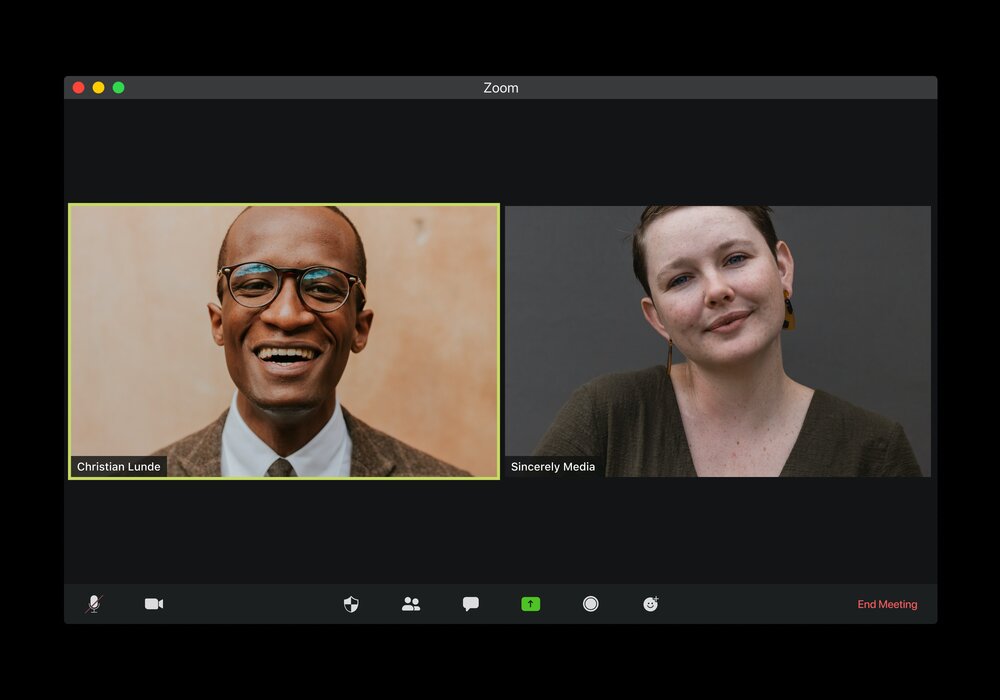It’s no exaggeration to say that DevOps engineers are one of the most in-demand positions that even the most experienced IT staffing services find difficult to fill in this age. Most of the difficulty stems from the fact that the job is a relatively recent creation spurred by cloud computing’s widespread use.
What are DevOps Engineers?
To understand why DevOps Engineers are such a rare breed, we must revisit our understanding of the term “DevOps.” DevOps is a combination of the terms “development” and “operations.” As a development strategy, DevOps blurs the line between software development and IT solutions.
DevOps adheres to the concept of Continuous Integration and Continuous Development (CI/CD), which makes for a more seamless user experience. Companies who deploy updates using the CI/CD method can deploy several updates in a day without the need for their users to download anything or take further action. This minimizes disruptions and increases the stability of a given platform or product.
DevOps practitioners allow organizations to create and seamlessly release regular and cumulative updates for their products by sitting between development and deployment. This contrasts with the traditional method of rolling out fewer but more significant chunks of updates—which adds a layer of complexity for end-users.
Why is it difficult to hire a DevOps Engineer?
As alluded to earlier, the role of a DevOps Engineer is a relatively recent development. With cloud computing coming to widespread use because of improved internet speeds, it became possible for software development and deployment to occur concurrently.
Traditionally, the lines between these stages are distinct. Most of the coding was left for software developers, while the people more attuned to system administration worked in deployment. DevOps’ emergence decreased the need for sysadmin and operator roles.
However, even as DevOps has become more of a necessity than a novelty, there is still a shortage of individuals who have the requisite experience needed to be true DevOps engineers. This is because there simply hasn’t been much time to train them. This makes hiring DevOps engineers challenging for even the most well-connected IT staffing agencies.
How to hire a DevOps engineer?
It’s worth noting that the operative term here is challenging, not impossible. Skills can be developed, and experience can be attained through continued practice. This means that hiring a DevOps engineer can be about looking for “soft skills” as much as it is also about technical expertise.
DevOps engineers need to be adept at collaboration and communication because they have to work closely with existing software development and operations teams. They also need to be creative in looking for solutions to problems.
When hiring for DevOps, it’s a good idea to look inward at your existing team members. People from IT operations can make good candidates because they focus on solving problems and typically have had to develop a way to juggle multiple tasks effectively. However, don’t snub your software developers either, because they often possess creative mindsets and are always producing original ideas. Whenever possible, look for team members who possess the right blend of all these attributes and give them access to relevant training to develop their skills.
If you must look outside of your organization, look for a good blend of technical and people skills. It’s best to look for jacks of all trades—particularly, those who have a demonstrated ability to learn quickly and apply seemingly-unrelated knowledge from different fields to their work. While they should always have the requisite automation and technical skills, they should also be proficient in human skills.
Conclusion
Hiring DevOps Engineers is difficult because there simply aren’t that many of them yet. Roles don’t just appear out of thin air; it will take some time for people to receive adequate training to fit the job description perfectly. Therefore, it becomes crucial for IT staffing companies to recognize potential just as much as expertise and consider people who have the requisite skills but may need to be groomed to the position.
Are you looking to hire a competent DevOps Engineer but don’t know where to start looking? Technical Paradigm is an IT staffing company providing innovative workforce solutions to companies worldwide. Besides connecting talented individuals to jobs, we also offer digital marketing IT outsourcing services, CMS design and support, and more. Contact us today to learn more about how we can help you!









